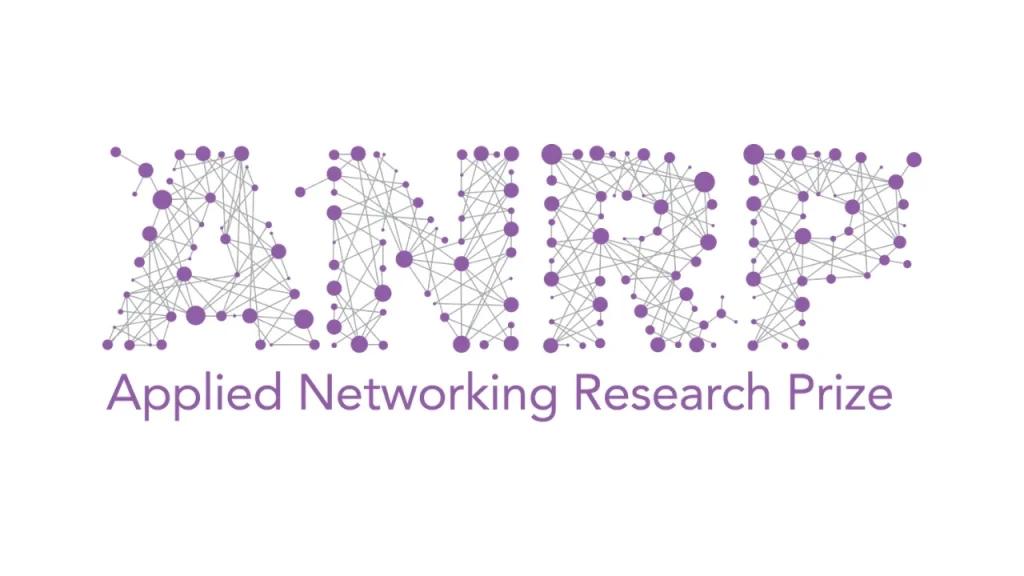- IETF 123 presents academic research with real-world networking applications
- Topics include QUIC learning models, BGP verification, and causal AI for networks
What happened: Applied research sessions at IETF 123
At the IETF 123 meeting held in Brisbane, Australia, the Internet Research Task Force (IRTF) presented three Applied Networking Research Prizes (ANRPs). These sessions showcased recent academic work with real-world implications for internet infrastructure.
Jana Iyengar, a key contributor to QUIC, presented an approach to congestion control using scalable learning. Her work demonstrated a method for training offline models to manage network congestion in live deployments. María Apostolaki from Google Research discussed challenges and design options for interdomain routing verification. She examined how interdomain routing protocols could be made more trustworthy without increasing centralisation risks. Finally, Alexandros Nikravesh, a researcher from the University of Adelaide, introduced a machine learning framework called Bellagio. The tool helps system operators integrate statistical decision-making into networking tasks using causal inference.
Also read: IEPG at IETF 123 tackles BGP disruptions and QUIC adoption
Also read: IETF 123: Advances security and scalability standards
Why it’s important
The ANRP sessions continue to bridge the gap between academic research and protocol development. Work like Iyengar’s is particularly timely, as QUIC becomes more widely deployed across the internet, notably in HTTP/3 and emerging transport layers. Using machine learning to optimise congestion control could improve performance under varied network conditions.
Apostolaki’s focus on secure and decentralized interdomain routing comes amid increased attention to BGP hijacking and RPKI deployment. As threats to routing infrastructure grow, scalable verification tools are gaining urgency. Nikravesh’s Bellagio responds to industry demand for interpretable AI, avoiding the black-box problem. His causal framework may help cloud operators and telecom providers better explain and refine automated decisions.
The IRTF’s continued support for applied research indicates a commitment to making emerging protocols both secure and practical. For students and professionals in the networking field, the ANRP remains a key platform for pushing academic work into implementation.

